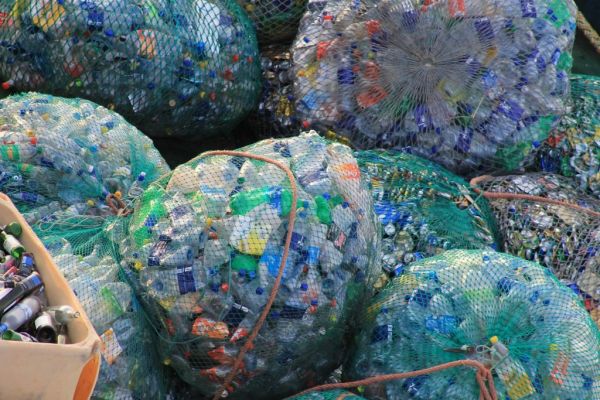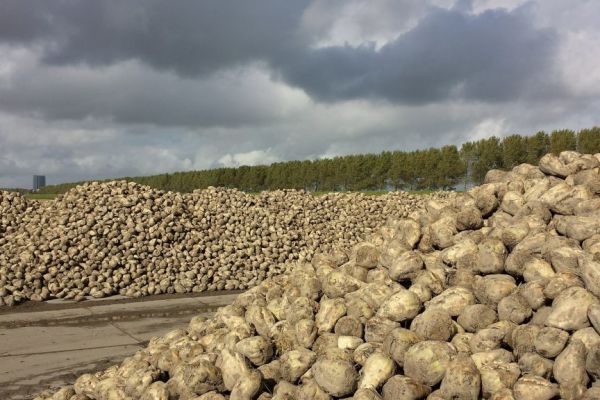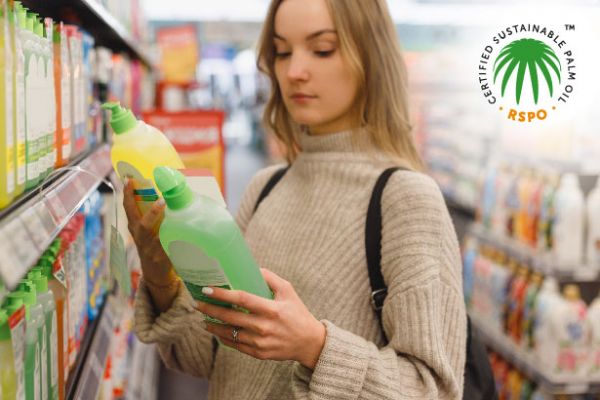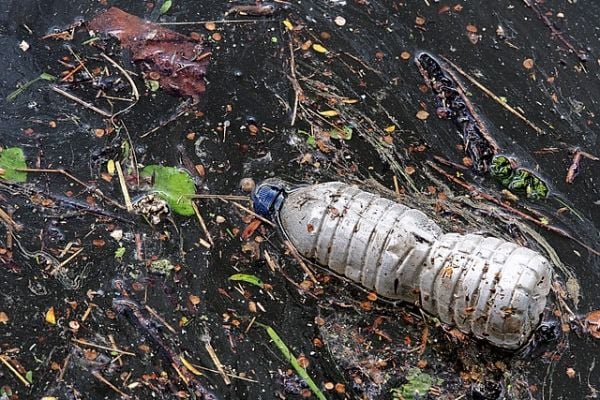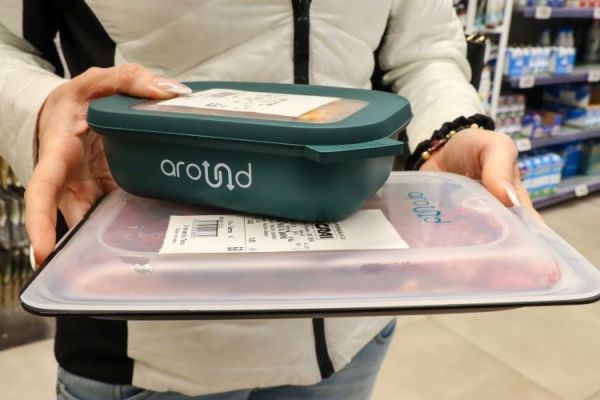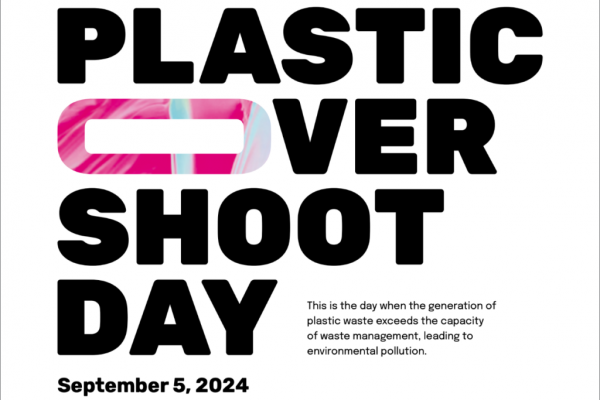The EU strategy for reducing plastic waste has come under criticism for not including concrete measures to support biodegradable plastics and limiting itself to mechanical recycling, according to a European lobby group.
The European Bioplastics association (EUBP) said that the European Strategy for Plastics, published on Tuesday by the European Commission (EC), recognised the contribution that bio-based plastics solutions made to a circular economy but added that concrete measures to further encourage them were still missing.
"Plastics made from renewable raw materials are a sustainable alternative for many plastic products", said François de Bie, chairman of the EUBP. "While the increase of recycled content in plastics is important to reduce virgin fossil feedstock, alternative sustainable feedstocks such as bio-based feedstocks need to be encouraged as well in order to defossilise the plastics economy."
Bioplastics
Bioplastics are a group of materials that are either 'biobased', biodegradable or both. 'Biobased' means that the material or product is derived in part from biomass, i.e. plants. A commonly used bioplastic is PET which is biobased but not biodegradable.
The use of EU-grown biomass for the production of bioplastics would provide impulses for jobs and growth in the bioeconomy sector, according to the association.
The EU strategy aims to have all plastic packaging reusable or recyclable in a cost-effective manner, with a new target of 55% recycling of plastic packaging waste by 2030.
The EUBP said it welcomed the importance the EC has given to biodegradable plastics and their role in separate collection systems for organic waste in order to improve clean waste streams and recycling quality.
Oxo-Plastic Restrictions
“EUBP looks forward to collaborating with the Commission on identifying applications and measures to stimulate innovation and drive market development in this field", added de Bie. “We also strongly welcome the decision of the Commission to restrict the use of so-called oxo-plastics in the EU and to make a clear distinction between biodegradable plastics and oxo-plastics that falsely claim to biodegrade."
In November, a coalition of 150 organisations, politicians and academics signed a statement by the Ellen MacArthur Foundation calling for a global ban of oxo-degradable plastics.
The recent EU plastic strategy came about after China announced it was banning imports of foreign waste at the beginning of this year, leaving EU regulators searching for ways to direct the plastic waste piling up in ports across the union.
© 2018 European Supermarket Magazine – your source for the latest retail news. Article by Kevin Duggan. Click subscribe to sign up to ESM: The European Supermarket Magazine.
